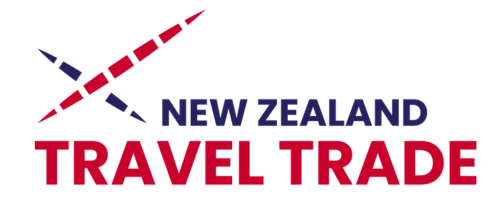The traditional travel agent is undergoing a structural inversion, with distribution power shifting away from legacy channels and towards a fragmented, always-on marketplace shaped by digital platforms, lifestyle brands and influencers.
A recent analysis of customer behaviour suggests that around 40% of travellers now book outside the traditional travel distribution network, bypassing conventional intermediaries altogether. Even among those who do engage with established channels, an estimated 70% already know what they want before they speak to anyone, treating agents less as trusted advisers and more as order-takers late in the decision process.
At the same time, travel is now being sold by an expanding cast of non-traditional players – from banks and credit card programmes to lifestyle platforms, food delivery apps and social media personalities. In this environment, the question is whether agents remain a gateway to travel or risk becoming just another gate in a crowded field of options.
The proposed answer is an “inversion” of the classic model: shifting from a narrow focus on sales to a broader focus on marketing, community and influence. Rather than hiring staff purely to transact bookings, the argument goes, agencies need teams who can act as content creators and micro-influencers, building an audience through authentic stories, advice and inspiration. In this scenario, product and partners seek out the agency’s platform and community – not the other way round.
This inversion also requires a strategic move from concentrating solely on product to working equally on product and distribution. On one side, agencies are encouraged to design offers tailored to new digital channels, using technology, market data and loyalty templates to speak directly to fragmented customer niches. On the other, they are urged to collaborate proactively with non-traditional partners such as financial services, event organisers, lifestyle brands and everyday consumer platforms, effectively powering those channels with specialist travel expertise.
The rise of generative artificial intelligence adds further momentum to this shift. Advanced tools can already analyse large volumes of data, generate highly personalised recommendations and streamline complex itineraries. Combined into a single “super-app” style environment, these capabilities could knit together search, inspiration, booking and trip management into one seamless journey, raising the bar for convenience and relevance. Rather than treating this as a threat, the analysis suggests travel professionals should see AI as an enabler – freeing up time to design better products, refine partnerships and deepen human relationships with clients.
Crucially, the overall travel market is not shrinking; it is expanding, personalising and fragmenting. Demand is growing, but so is the number of ways in which travellers discover, evaluate and purchase experiences. Historically, rising demand often left intermediaries too busy servicing bookings to step back and develop differentiated product. The inversion thesis argues that this must change: future growth will favour those who consciously reposition themselves, owning their role as curators, connectors and storytellers at the centre of a much wider ecosystem.
In practical terms, that means moving beyond simply issuing discounted invoices and instead shaping decisions earlier in the journey – through content, community and smart partnerships that place travel expertise at “eye level” wherever customers already are. If that happens, the modern travel professional does not disappear from the value chain; they re-emerge on different terms, with stronger influence and better margins in a more complex, more digital world.


